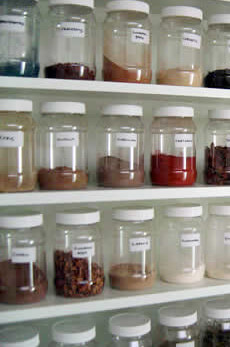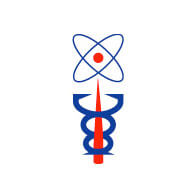
Herbalism
Herbal medicine has been trusted by communities around the world for thousands of years. Today, 80% of the global population still uses plants in a medicinal manner. Many everyday pharmaceuticals and drugs were originally derived from medicinal plants, with plants being favoured because they are often not toxic, do not build up in the body and do not cause additions, habituation or withdrawals
A herb is a plant that is used for medicinal purposes. Herbs can improve digestion, immune function and bodily functions while eliminating bacteria, viruses, fungi and irritated tissues, to name just a few potential benefits.
In today’s competitive medical world, scientific validation regarding the efficacy and use of herbs is as important at MEDICUS as the prescription of herbs based on both tradition and empirical evidence.
Plants utilised are from Ayurvedic, Chinese, North American, European, English and Australasian traditions.
Herbs can be taken in various forms, including tea, compress, poultice, tincture, syrup, douche, bath, salve, gargle and suppositories.
- Herbal Tea
- Compress (fomentation)
- Poultice
- Tincture
- Syrup
- Gargle
- Douche
- Bath
- Salve
- Suppositories
